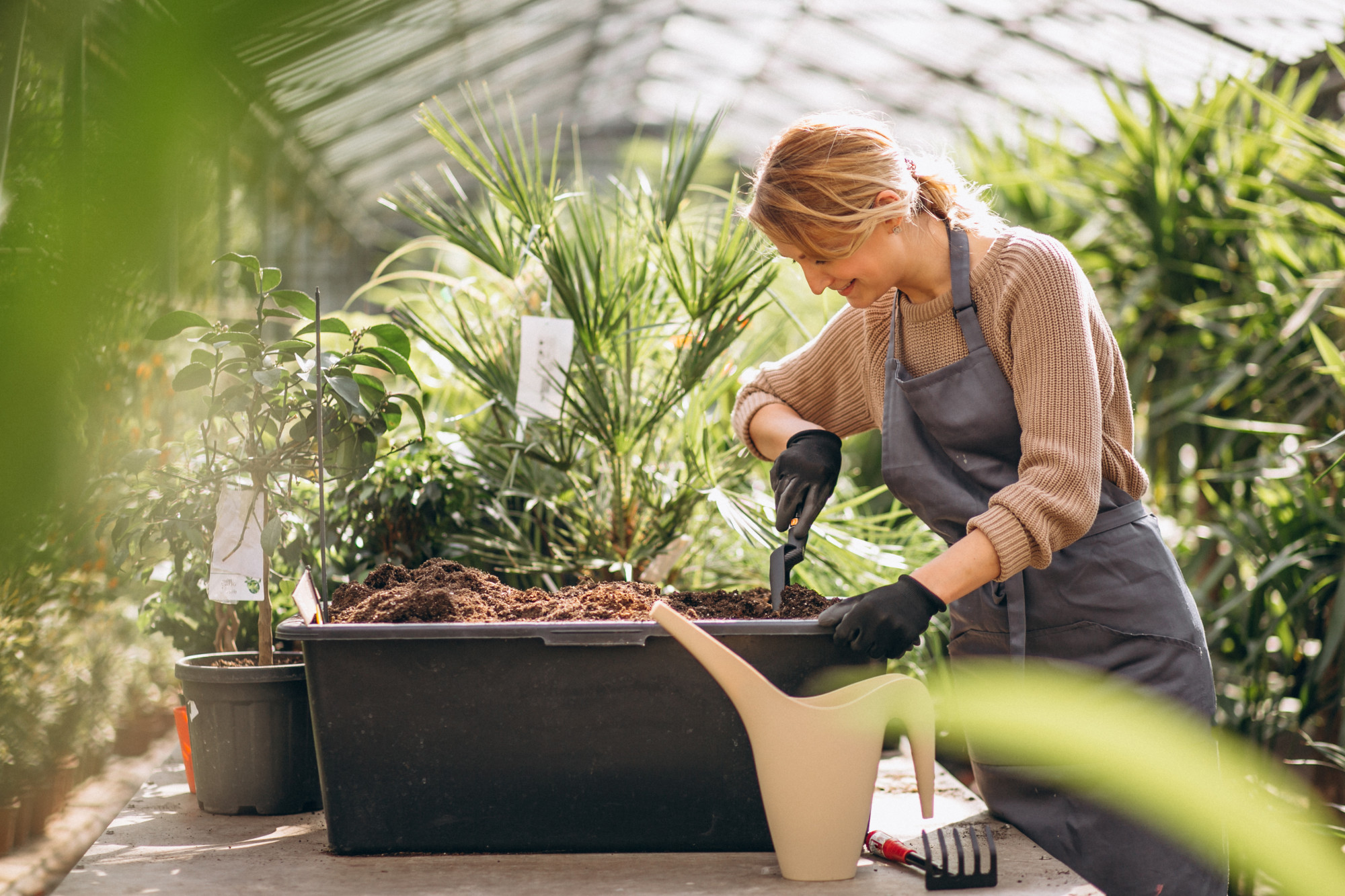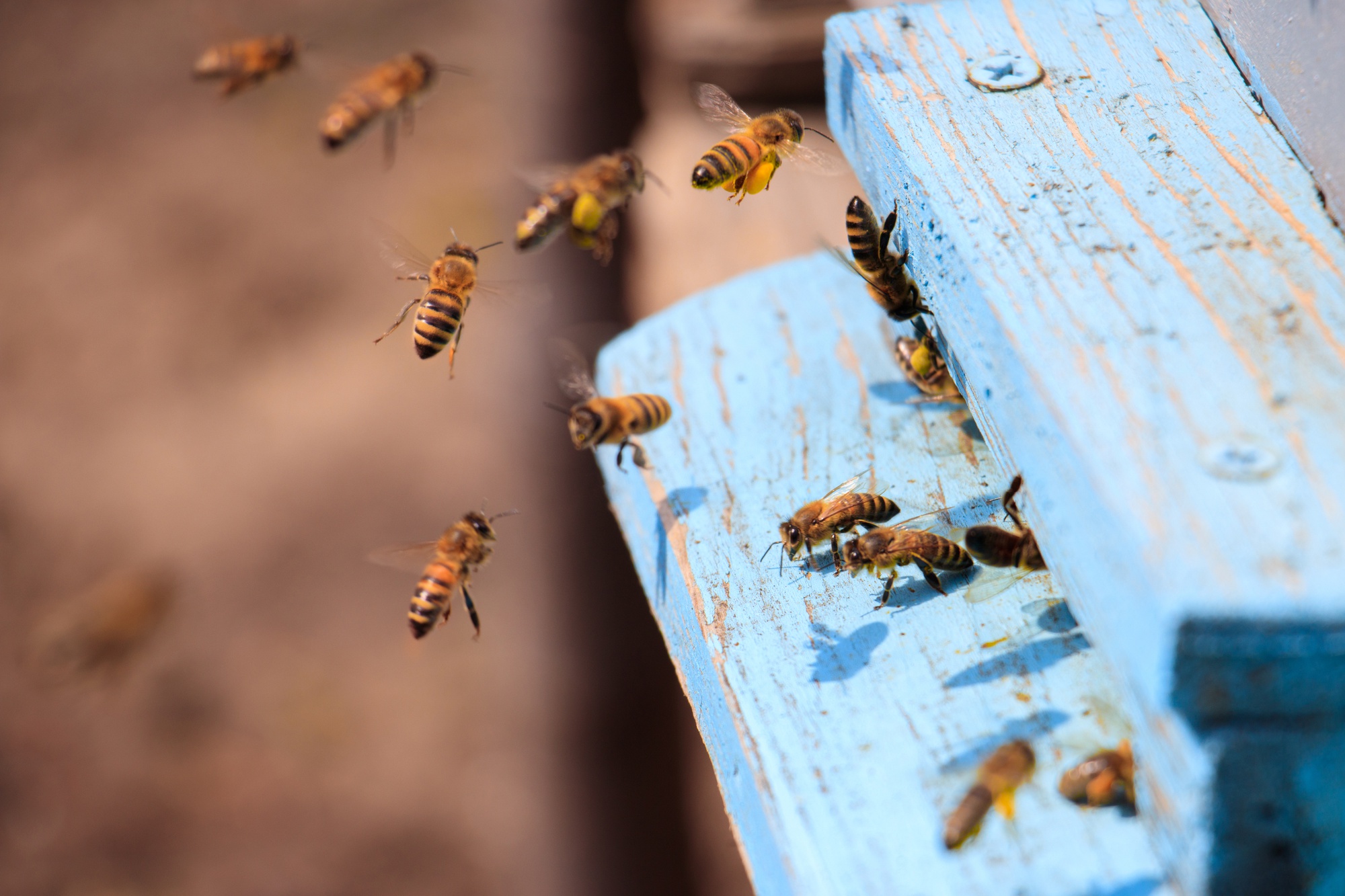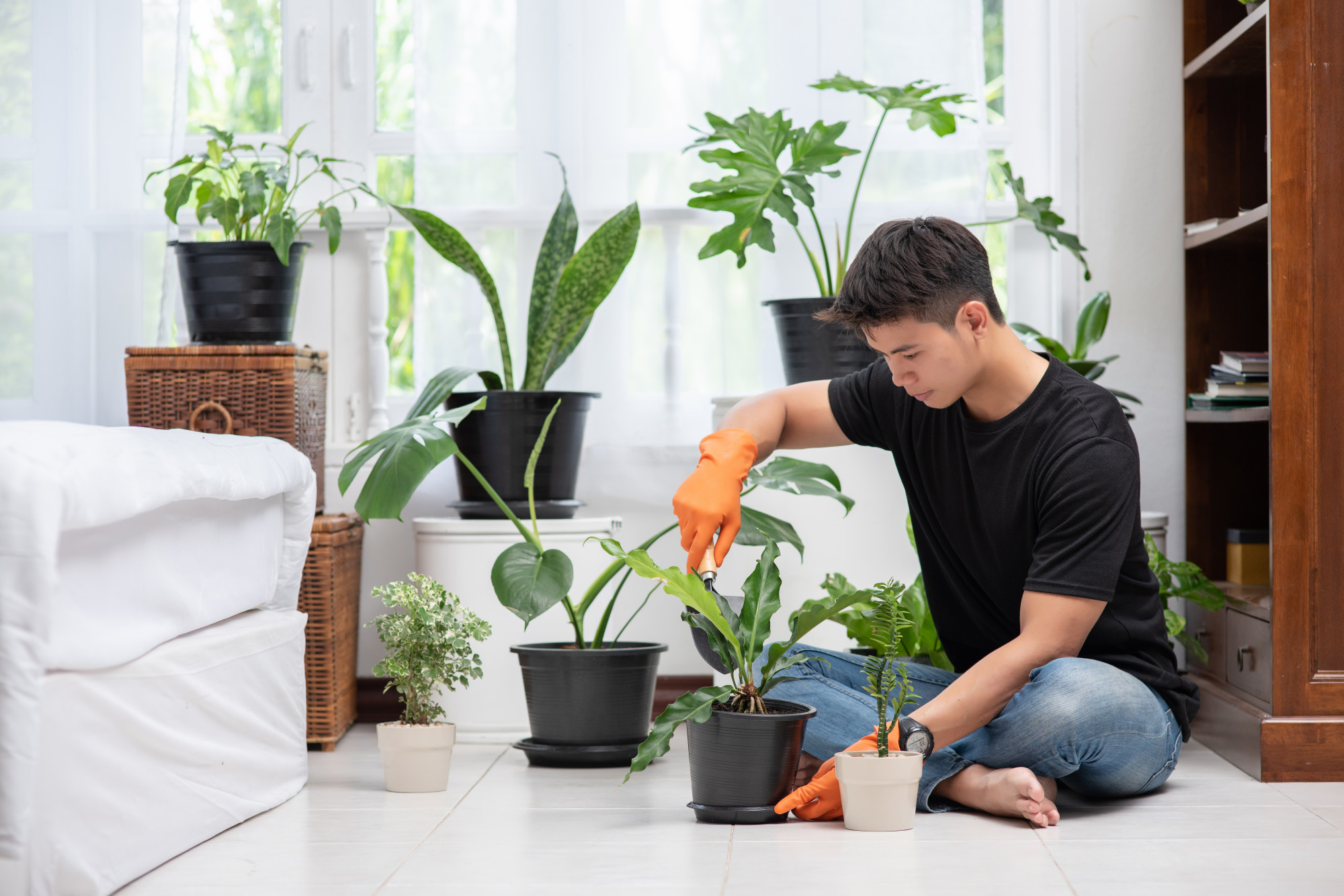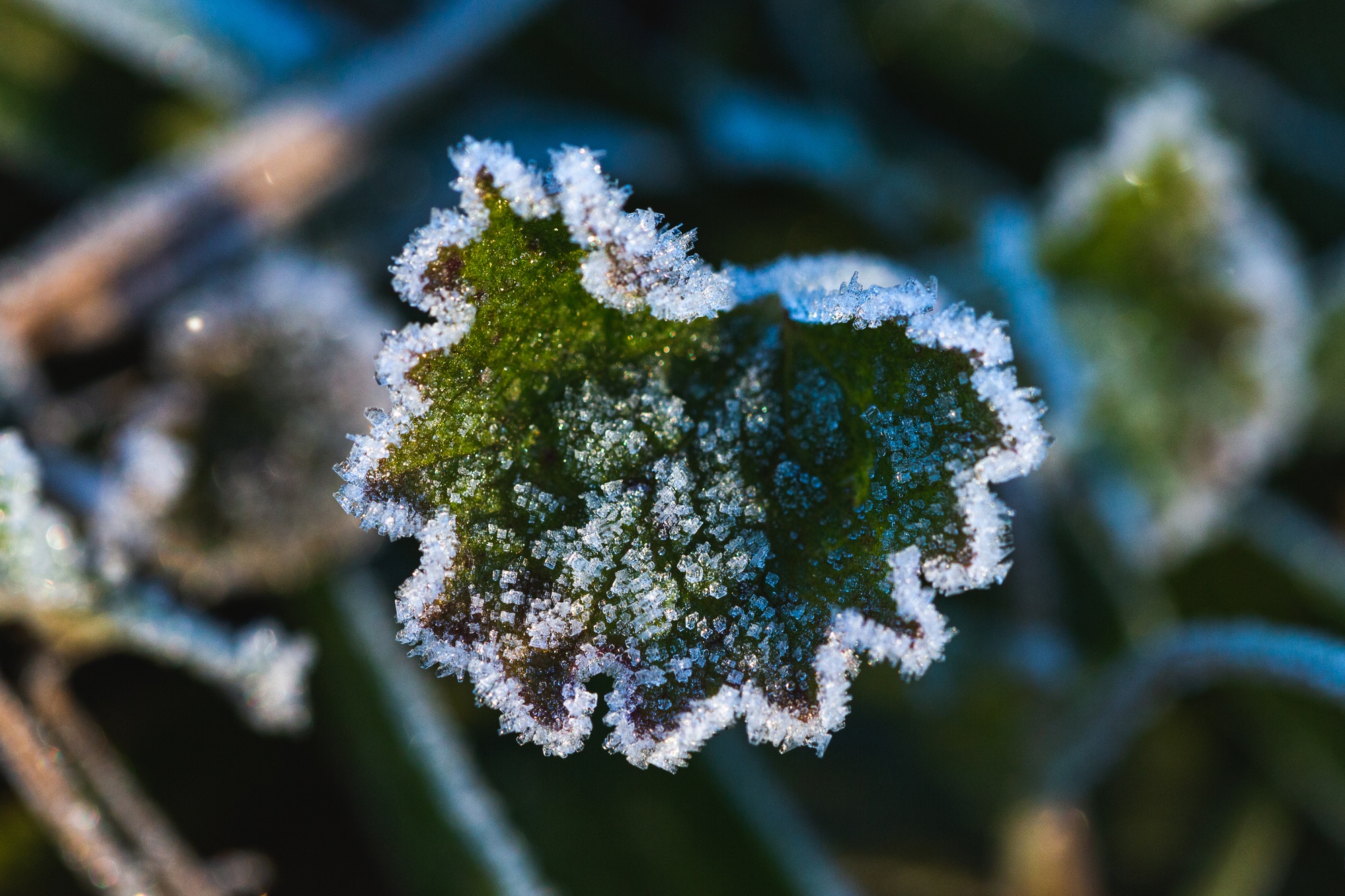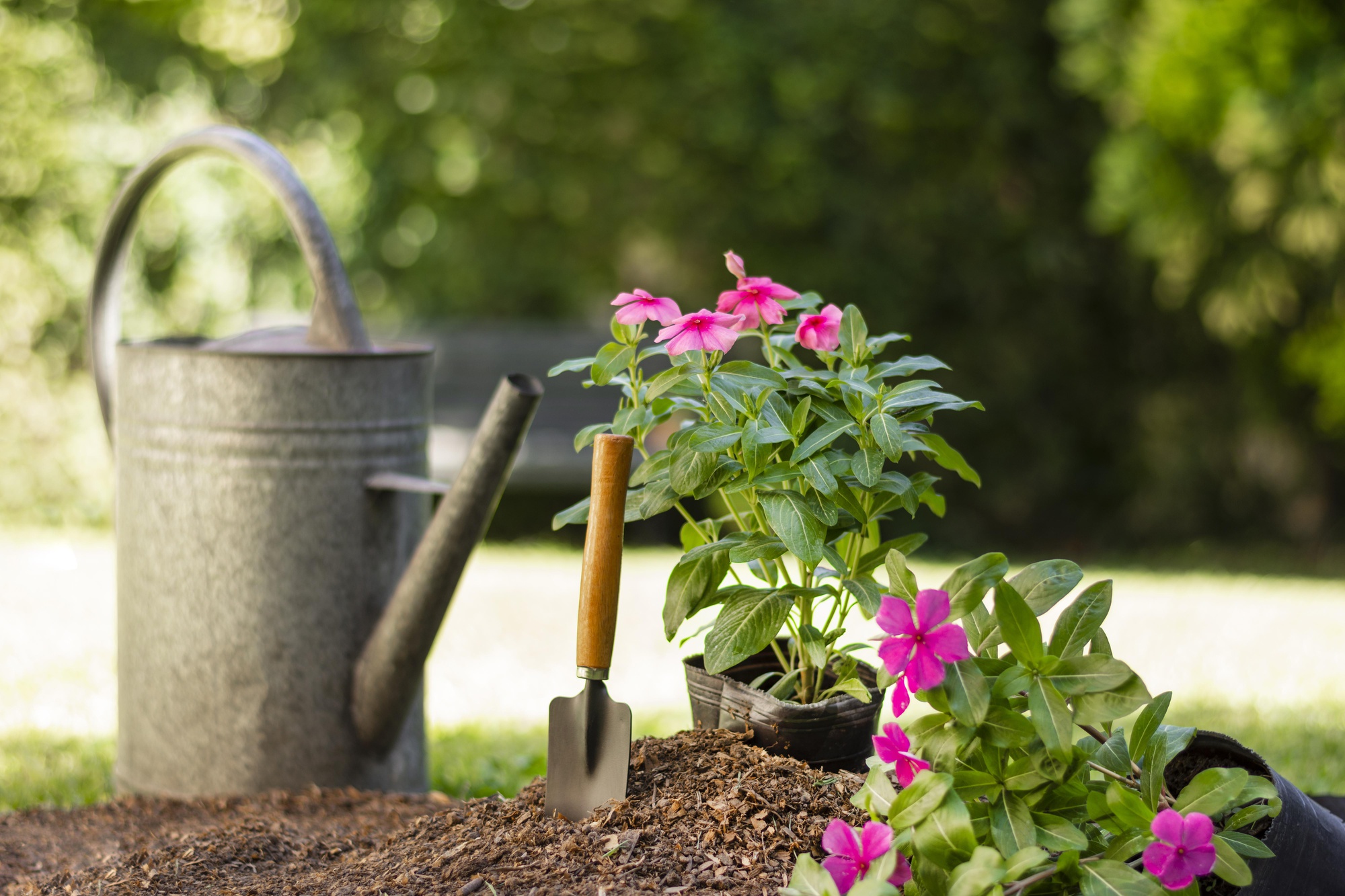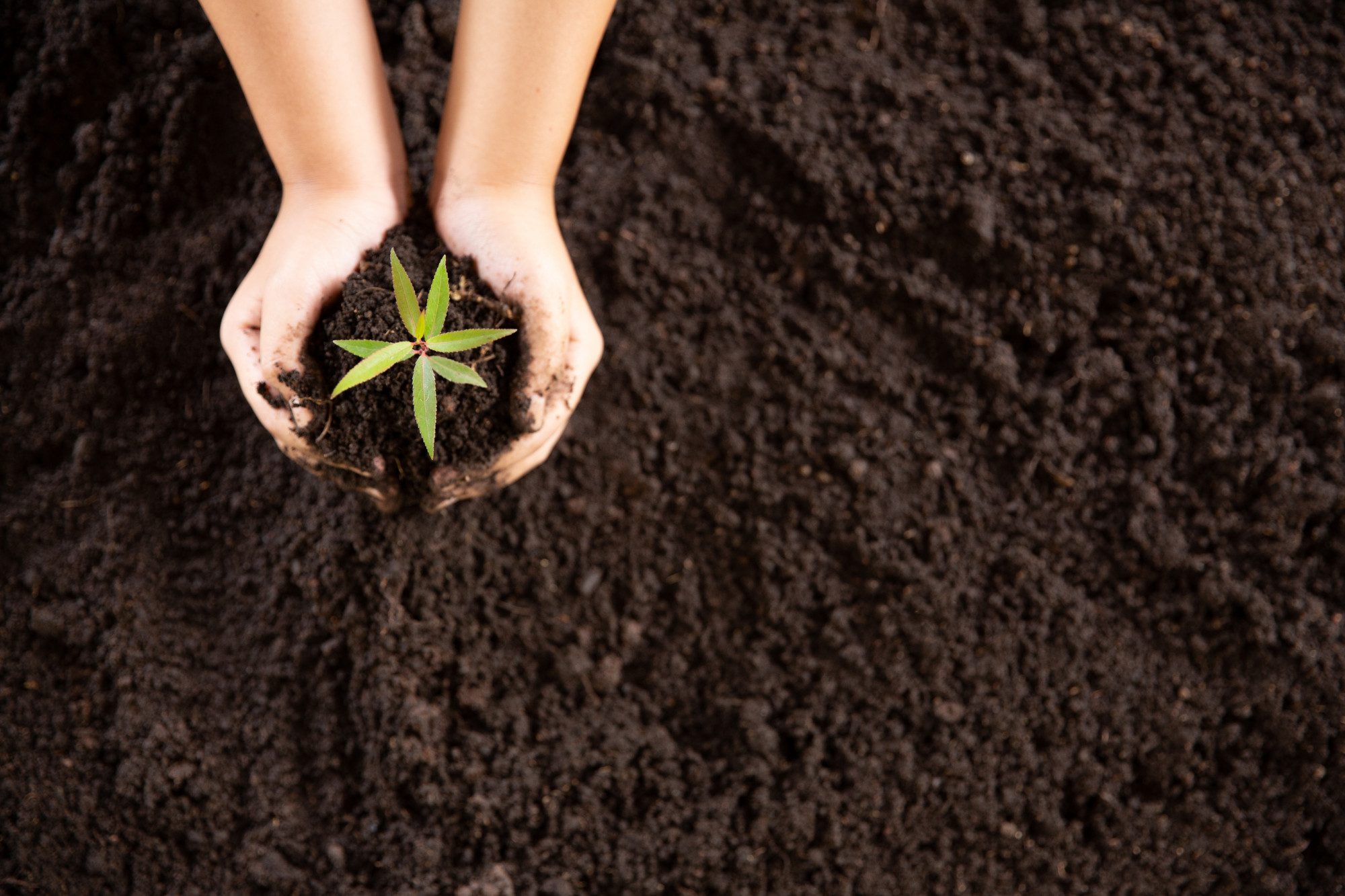Starting a vegetable garden can be fun and rewarding, but it can also be scary for people who have never done it. There are many things to consider, like where to put your garden and which vegetables to grow. I remember how fun and confusing my first garden was, but in the end, it was a great way to learn and was well worth the effort and time invested.
Choose The Optimal Location
The initial thing you require to do to start a vegetable garden is to pick the right spot. Your garden will need lots of sunshine, so choose a location in your yard that receives at least six hours of direct sunlight daily. It’s also important to choose a spot that drains well and has no big rocks or tree roots in the way.
Even if your yard isn’t very big, you can still grow vegetables using containers or raised beds. Small plants that take up little space, like herbs, cherry tomatoes, and peppers, do well in containers. Raised beds give plants a controlled environment and help keep the soil from washing away.
Start Small
Beginners often make big mistakes when they try to do too much too soon. You can learn gardening basics without getting overwhelmed if you start with a small garden or one in a pot. A raised bed 4×4 feet or a few pots are great places to start.
Check Your Soil
Before you plant anything, you should test the soil. You can find out how acidic or alkaline your soil is by testing its pH level. Most vegetables do best when the soil pH is between 6.0 and 7.0. A soil test can also tell you how much nitrogen, phosphorus, and potassium are in the soil.
A soil test kit can be bought online or at a garden center. Most soil testing kits come with a test strip or a vial of soil that needs to be sent to a lab for testing. Once you know your soil’s pH and nutrient levels, you can make any necessary changes so your plants can grow in the best way possible.
Choose The Best Vegetables
To have a successful garden, you must choose the right vegetables. Some vegetables are simpler to cultivate and need more care and attention. Start with plants that don’t need much care, like tomatoes, cucumbers, beans, and lettuce.
When choosing vegetables, consider your area’s weather and growing conditions. Some vegetables, such as tomatoes and peppers, need a long season. Others, like lettuce and spinach, could be grown in cooler weather. Talk to a gardening book or a local nursery to find out which vegetables will grow best where you live.
Invest In Good Land
Your vegetable garden will only do well if you spend money on good soil. To grow strong and healthy, your plants need good soil. In addition to checking your soil, you may need to make changes to ensure your vegetables grow well. Adding compost, manure that has been around for a while, or other organic matter can help improve the soil.
Picking the right soil for their container garden is also important. Your plants can’t stay healthy without a good potting mix. Look for a potting mix for your growing plants with good drainage and airflow.
Water Regularly
Your plants need a steady supply of water to grow and stay healthy. Most vegetables need at least 1 inch of water every week. Ensure the water gets to the roots of your plants by giving them a deep, thorough drink. You can water your plants with a garden hose, a sprinkler can, or a system letting water drip slowly into the soil.
Your plants need to be watered at the right time of day. The ideal time to water is early morning before the sun rises. Don’t water your plants in the middle of the day because the heat can evaporate the water before it gets to the roots. Also, it would help if you didn’t water in the evening because it can help fungi and other diseases grow.
Weed Regularly
Weeds can be a big problem in a vegetable garden because they steal nutrients, water, and light from your plants. Pests and diseases that can hurt your plants can also live in weeds. It would help to weed it often to keep your garden healthy and productive. Begin by fertilizing your garden bed to keep weeds from taking over.
Before you start to plant, remove any weeds and their roots. You can also put down a layer of organic mulch to keep weeds and the soil moist. If you find weeds in your garden, you can pull them out by hand or cut them off at the base with a hoe. Make sure you don’t hurt your plants’ roots. Putting mulch around their plants can also help stop weeds from coming up.
Protect Your Plants
In a vegetable garden, insects and other pests may pose a real problem. Aphids, caterpillars, and slugs are just a few common garden pests. Use natural things like insecticidal soap, neem, or diatomaceous earth to keep pests away from your plants.
A vegetable garden can also have trouble with the disease. Planting vegetables resistant to disease can help stop the spread of disease. The disease can also be stopped by preparing the soil well, ensuring enough airflow, and cleaning garden tools often.
Harvest Frequently
The health and growth of your plants depend on how often you pick your vegetables. Most vegetables will keep making food as long as you pick them. Regular harvesting also keeps things from getting too ripe and going bad. Use a sharp knife or garden shear to cut your vegetables so you don’t hurt the plant.
Pick vegetables at the right time, as this can change how they taste and feel. For example, the best time to pick tomatoes is fully ripe but firm. On the other hand, peppers can be picked while they are still green or when they are fully ripe.
Starting a vegetable garden can be fun and rewarding, but you must plan and pay attention to the details. If you follow these tips, your garden will be healthy and productive, giving you a lot of fresh, tasty vegetables. Remember to be patient and enjoy growing your food.
